Lakeland Dairies has announced that the former Fane Valley milk processing factory at Banbridge will be switched to a seasonal processing schedule from September onwards.
According to chief executive Michael Hanley, the Banbridge plant will be retained as a fully working site that operates from February/March to September. There will not be any processing of milk on the site during the autumn and winter. This is similar to the situation at Lakeland’s milk powder plant in Lough Egish and casein factory in Killeshandra.
It means that there will be redundancies for many of the 75 employees at Banbridge, as had been rumoured since Lakeland acquired the business from the Fane Valley Group. Some of these redundancies may be voluntary and there might be some job opportunities at Lakeland’s factory in Newtownards, Co Down, which specialises in added-value food service products. A consultation process with staff is under way.
The seasonal closure at Banbridge means more milk from Northern Ireland is being processed south of the border. That could pose problems with differing northern and southern schemes for farm quality assurance or with border trading arrangements following Brexit. It is possible the Brexit vote is the main reason that the site has avoided complete closure for the time being.
Asked about Brexit, Hanley said that the effects on trade and commercial business are unlikely to be clear for 2 years or more. He stressed that the Banbridge site is being retained as a fully working one that can be closed and re-opened as is done with other sites. Hanley said that the goal of the co-op is to pay as much as possible for every litre of milk, so it is necessary to take out costs and allocate milk as flexibly and profitably as possible to different sites.
Ironically, the announcement coincides with an official opening of a consumer cheese packing facility at Dale Farm’s factory at Dunman this week. Outgoing chief executive David Dobbin said: “Dale Farm is doing everything it can to build a local home for milk.”
He said that while hoping that crossborder trade will continue to be facilitated following Brexit, it is possible that there will be a need for more processing capacity within Northern Ireland if difficulties arise for the movement of raw milk from north to south of Ireland.




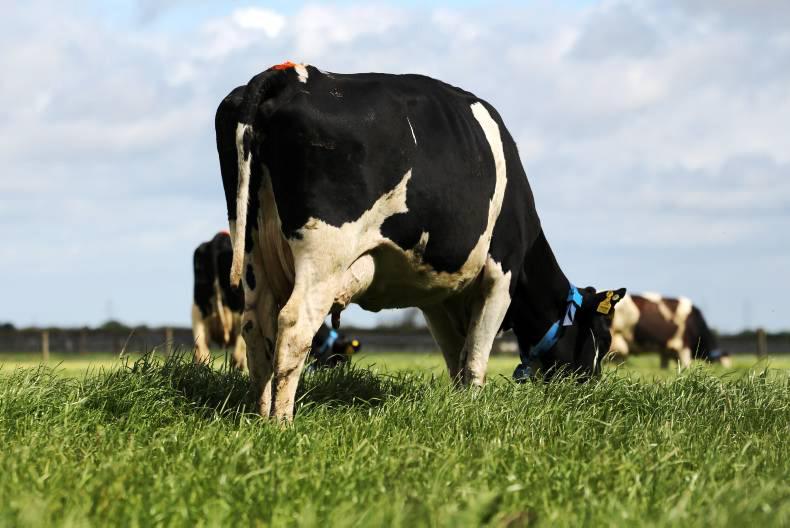
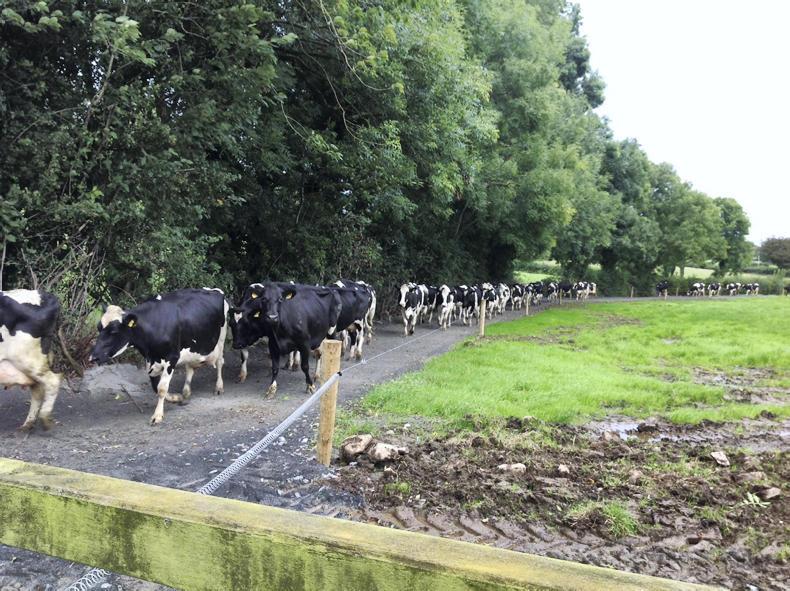

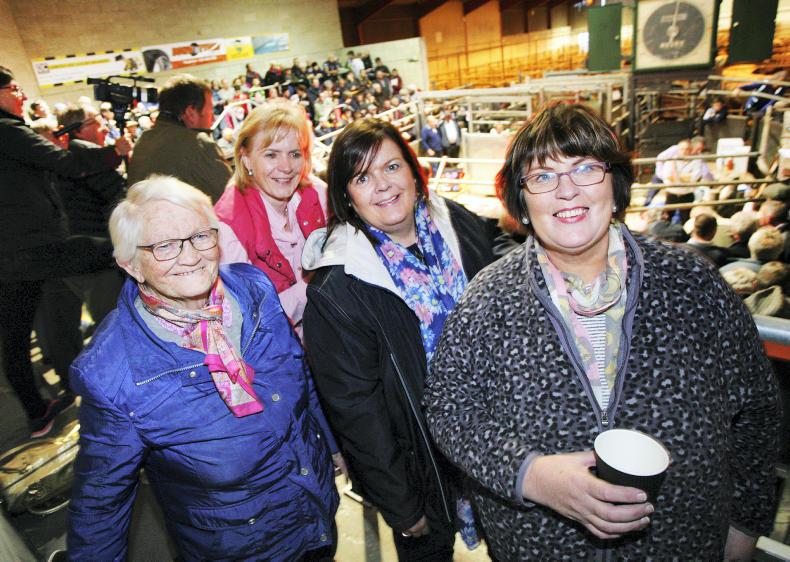
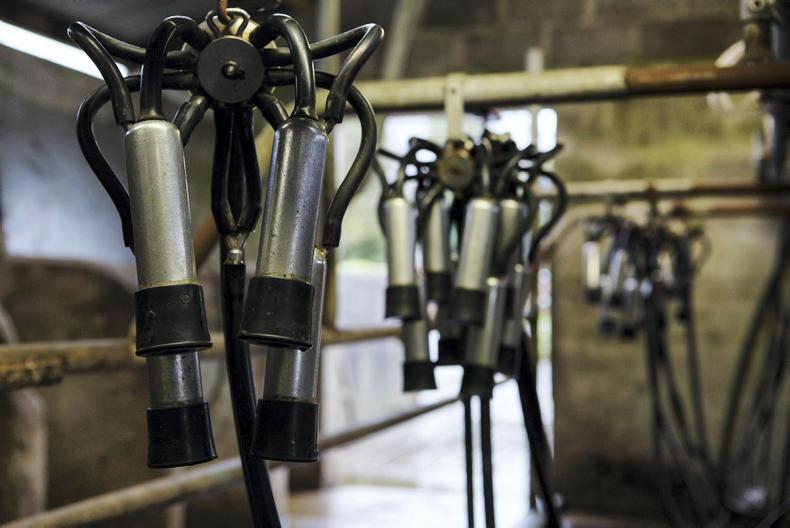
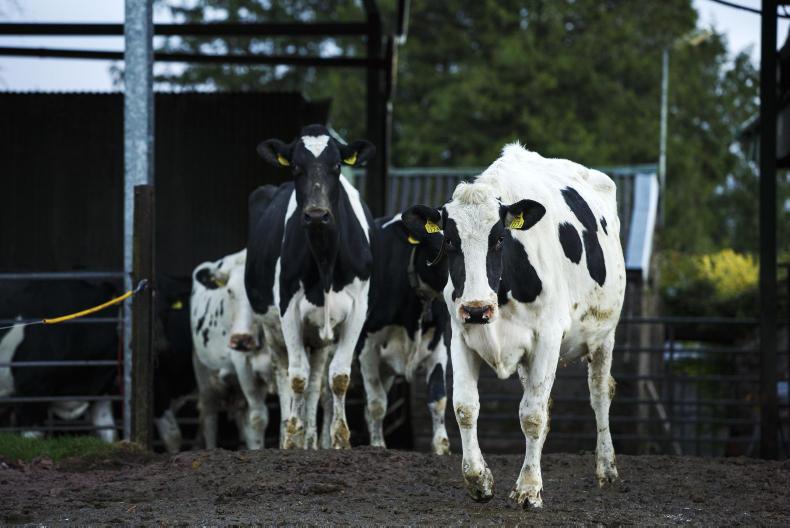
SHARING OPTIONS